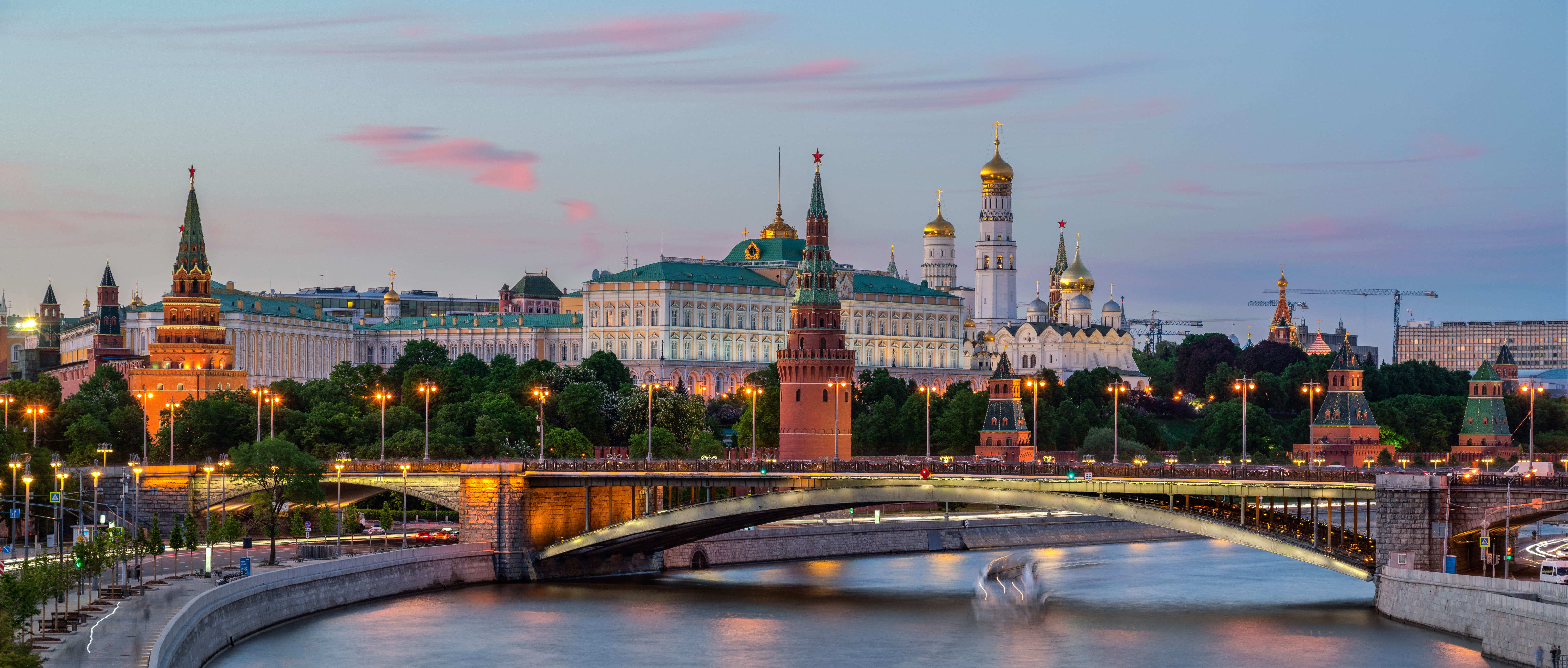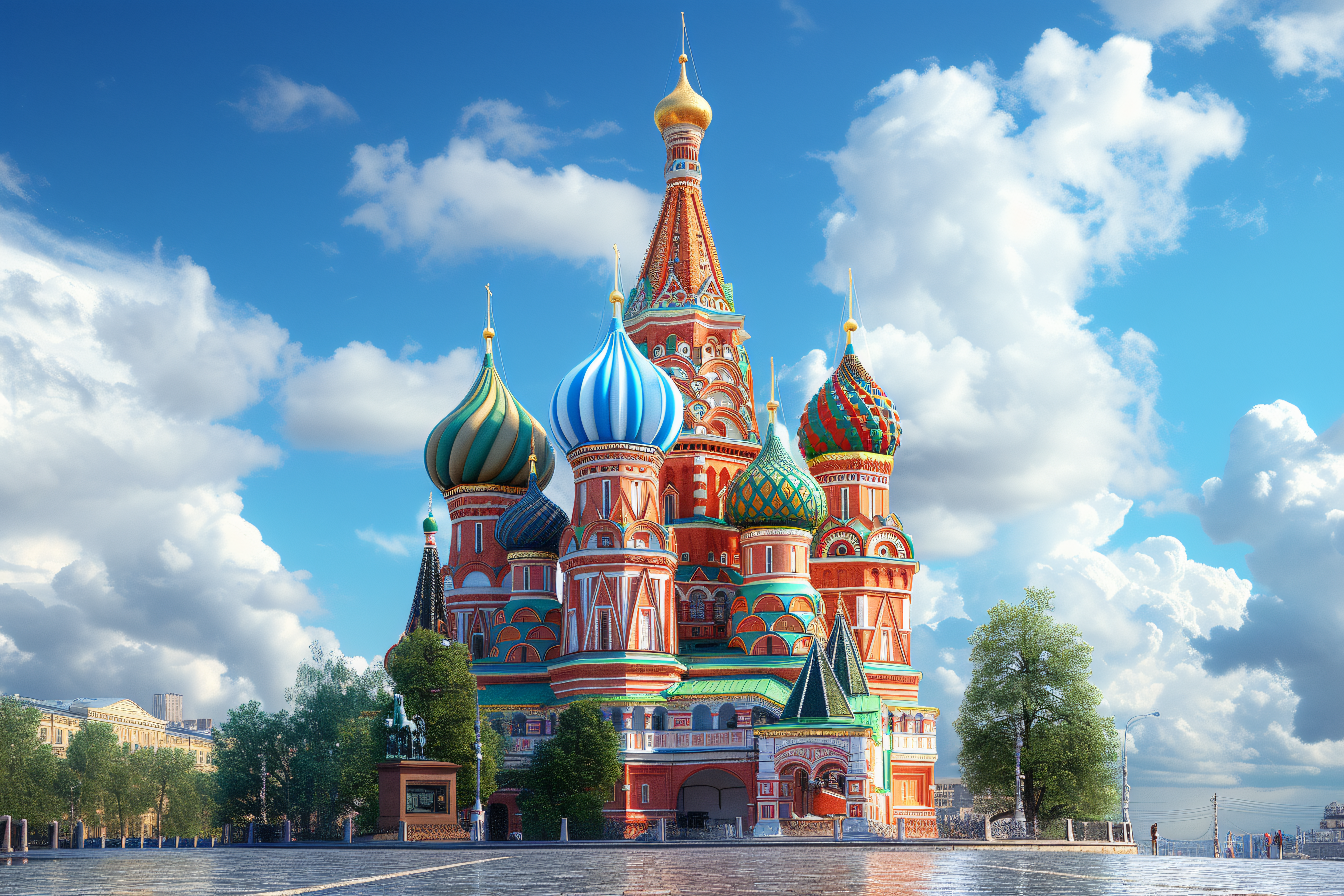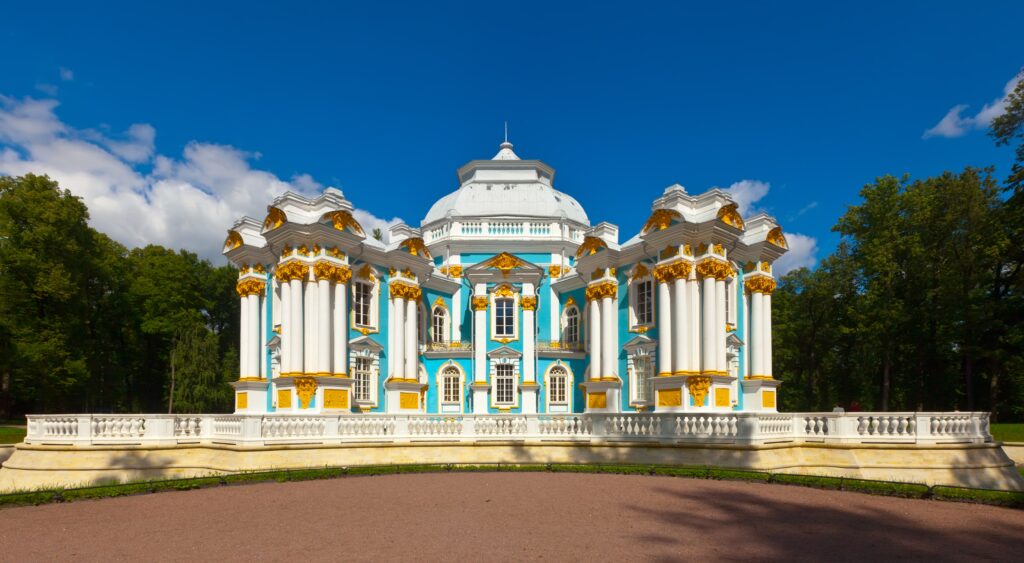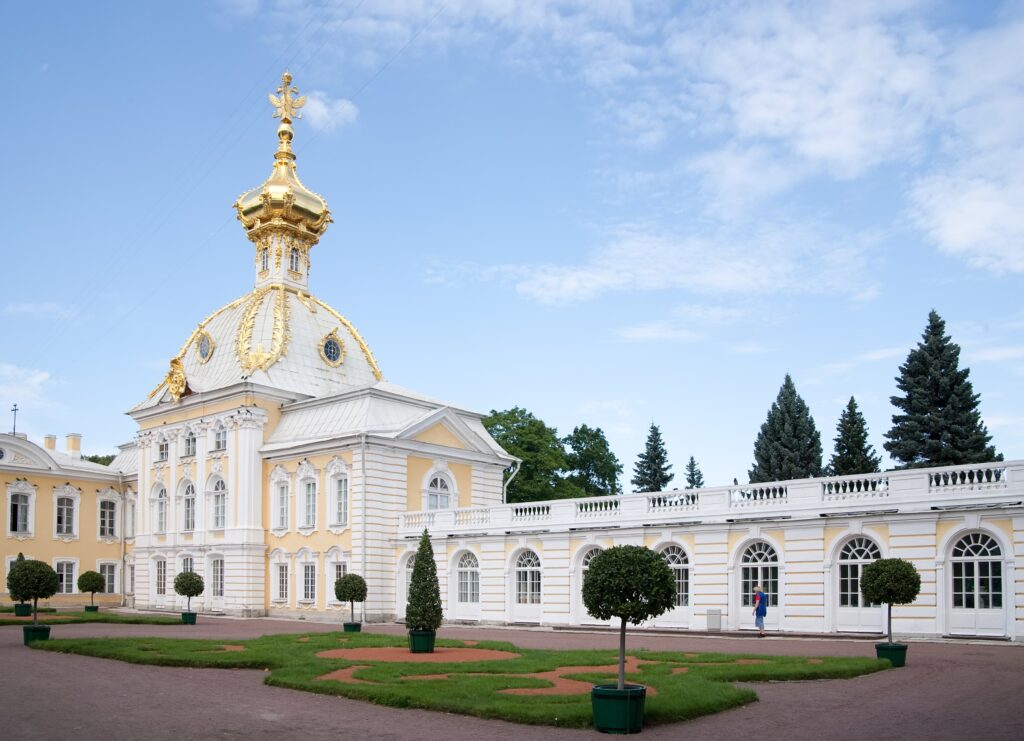MBBS IN RUSSIA

About Russia
Russia, officially the largest country in the world, spans both Europe and Asia, bordered by oceans like the Arctic Ocean and the Pacific Ocean. It covers a massive area of 17,125,191 square kilometre and has a population of approximately 146 million people.
Historically, Russia was a major part of the Soviet Union, which also included other republics like Georgia, Kazakhstan, and Kyrgyzstan. Today, Moscow, the vibrant capital city, serves as the political, cultural, and economic heart of Russia. It is home to world leaders like President Vladimir Putin and hosts a significant number of billionaires and global businesses.
Russia is a highly sought-after destination for international students, especially for MBBS aspirants. Most government universities in Russia receive substantial funding, making medical education affordable and accessible, particularly for students who seek quality education at a reasonable cost.
Quick Facts
| FEATURE | DETAIL |
| Capital | Moscow |
| Currency | Russian Ruble (RUB) |
| Population | Approx. 146 million |
| Area | 17,125,191 sq. km |
| Official Language | Russian |
| English-Speaking Population | 30% |
| Climate | Highly Continental (extreme winters and warm summers) |
| Temperature Range | -30°C (minimum) to 23°C (maximum) |
| Time Difference from India | India is 2 hours and 30 minutes ahead of Moscow |
| Flight Time (Delhi–Moscow) | Approx. 6 hours 30 minutes (non-stop) |

MBBS in Russia
Russia stands among the top destinations for studying MBBS abroad, especially for Indian students. With over 30 medical universities recognised by international medical councils, Russia offers a powerful combination of quality education, affordability, and global career opportunities. Over 25,800 Indian students are currently studying MBBS in Russia, and this number continues to grow every year.
The medical curriculum in Russia is based on European standards and emphasizes a strong practical foundation through clinical rotations in government hospitals. The absence of donation fees, along with low living costs and English-medium programs, makes it an ideal choice for aspiring doctors from middle-income families.
Whether you’re aiming to practice in India or pursue further studies in the US, UK, or Germany, an MBBS degree from a reputed Russian university opens many doors globally.
Key Highlights
| FEATURE | DETAIL |
| Degree | MD Physician; equivalent to MBBS in India |
| Course Duration | 6 Years (including 1-year clinical internship) |
| Eligibility | * Minimum Marks in Class 12th in Physics, Chemistry and Biology 50% for General category 45% for PwD category 40% for SC/ST/OBC categories * Should have studied English as a compulsory subject and passed the subject in Class 12th * Minimum age of 17 years by December 31st of the admission year * NEET Qualification as per NMC guidelines |
| NEET Requirement | Qualification is mandatory as per NMC guidelines |
| Entrance Exam | None |
| IELTS and TOEFL | Not required |
| Medium of Instruction | English |
| Donation / Capitation Fee | Not required |
| Recognition | NMC, ECFMG, FAIMER, WFME |
| FMGE/NExT Coaching | Available |
| Annual Tuition Fee | $3,500 to $6,000 |
| Indian Food Availability | Available |
| Monthly Living Cost | $115 – $180 |
| Intake | September |


Why Study MBBS In Russia?
- Affordable Education
Study MBBS in top government universities at a fraction of the cost compared to private colleges in India.
- Advanced Education System
Russian medical education is one of the most advanced and developed systems in the world. Russia has been the most favoured destination of Indian students for pursuing MBBS since the pre-independence era.
- English is the Medium of Teaching
All Russian universities are English-medium. This makes it easier for Indian students to adapt to the learning sessions quickly from day one.
- Accreditation
All our universities in Russia are listed in the World Directory of Medical Schools (WDOMS) and are accredited by NMC, FAIMER. The curriculum for MBBS in Russia is of European standards, as followed by FAIMER and NMC.
- Clinical Exposure
Clinical exposure is the foundation of medical education in Russia. Students get exposure to diverse healthcare systems and have an opportunity to work in advanced hospitals while pursuing their MBBS in Russia. Also, you get the chance to practice in Gulf countries without any screening test.
- World-Class Infrastructure
Well-equipped laboratories, modern classrooms, and teaching hospitals provide you with international exposure.
- Globally Recognised Degree
Graduates can practice in India, the USA, the UK, Canada, Australia, and more. Students can apply for the USMLE, AMC, FMGE, and PLAB.
- Good FMGE Passing Percentage
Most medical universities offering MBBS in Russia hold a high Foreign Medical Graduate Examination (FMGE) pass percentage of over 67.4%.
- Cultural Familiarity
Large Indian student communities ensure a homely environment.
- High Safety Standards
Russia is generally safe for international students with secure university campuses.
- Hands-on Exposure
Learn in a multicultural environment with peers from all over the world. All Russian universities have a simulation centre where students get hands-on practice on mannequins and life-sized dolls with simulated airways used in the teaching of first aid, CPR, and advanced airway management skills, such as tracheal intubation and for human figures used in computer simulation to model the behaviour of the human body. All Russian universities have more than 600 teaching staff, and 80% of the teaching staff have the highest medical degree, which is Doctorate of Medicine (DM) and Ph.D.
Eligibility Criteria
The following are the basic MBBS eligibility criteria for Indian applicants:
- Academic Qualifications
- Subjects: Completion of class 12th with Physics, Chemistry, Biology (PCB), and English as core subjects.
- Minimum Marks
- General Category: At least 50% aggregate in PCB.
- PwD Category: At least 45% aggregate in PCB.
- SC/ST/OBC Categories: At least 40% aggregate in PCB.
- NEET Qualification
A valid NEET score is mandatory for Indian students applying to medical programs abroad. - Age Requirement
Candidates must be at least 17 years old by December 31 of the admission year.
Recognition of Medical Universities in Russia
Russia has a long list of globally recognised, approved, and accredited universities offering MBBS courses. Most state and federal universities offering MBBS in Russia are accredited by:
- NMC: National Medical Commission
- WDOMS: World Directory of Medical Schools
- UK (PLAB): Professional & Linguistic Assessment Board.
- US (USMLE): United States Medical Licensing Examination.
- Australia (AMC): Australian Medical Council.
- European (AMEE): Association for Medical Education in Europe.
- Canada (MCC): Medical Council of Canada
- ECFMG: Educational Commission for Foreign Medical Graduates
- FAIMER: The Foundation for Advancement of International Medical Education and Research
- WFME: World Federation for Medical Education
- AMEE: Association for Medical Education in Europe
- CAMC: Caribbean Association of Medical Councils
- Ministry of Education, Russia
Admission Procedure
Here is how GetMeMBBS can help from the stage of application to arrival in Russia:
- One-to-one Consultation: We will begin by understanding your needs, budget, and educational background to suggest to you the top Russian universities offering MBBS programs, considering factors like location, fees, and recognition.
- Shortlisting a university: Once we have the list of top universities that match your requirements ready, we will help you shortlist a university based on your preference, the city of your choice, budget, and eligibility.
- Application: We will keep track of important deadlines while helping you fill out the application forms. Once the registration is done, we will let you know about the confirmation, which generally takes about 2 weeks.
- Admission Letter: Upon going through your documents and eligibility for MBBS in Russia, the university will send you an admission letter confirming your selection.
- Documents: Once you receive the admission letter, we will help you gather your educational documents including your NEET scorecard, 10th marksheet, 12th marksheet, and school leaving certificate.
- Fee Payment: You will be required to pay your first semester’s tuition fee as soon as your documents are received by the university.
- Visa Application: Once you have paid the fees, you will receive an invitation letter from the university. We will help you gather and submit all the necessary university and personal documents for visa processing. You can expect to get your student visa in 3-4 weeks.
- Travel and Accommodation: The final stage involves arranging your flight tickets and accommodation for a hassle-free departure from India and arrival in Russia. We will take care of everything for you.
Frequently Asked Questions
How much does it cost to study MBBS in Russia?
MBBS in Russia is one of the most affordable options for students considering MBBS abroad. Annual tuition fees to study MBBS in Russia can vary anywhere between $3,500 to $6,000 for the entire MBBS course duration.
Is MBBS in Russia a good idea for Indian medical students?
Yes, studying MBBS in Russia is one of the best choices for all Indian students who despite qualifying for the NEET exam, could not secure their seats in India.
What is the duration of MBBS in Russia?
The MBBS course duration in Russia is 6 years, including 1 year of clinical internship.
Will students receive FMGE/NExT preparation while studying MBBS in Russia?
GetMeMBBS provides a unique service to Indian students studying in Russia by providing them with FMGE/NExT coaching throughout the course. We facilitate lecturers and subject experts from India to join the students in Russia and assist with the necessary recommendations so that they perform better at the medical screening exams in India.
Is it mandatory to learn Russian language for studying MBBS in Russia?
In Russia, the complete MBBS course is taught in English only.
What is the medium of instruction for MBBS programs in Russia?
MBBS programs in Russia are offered in English, especially for international students, as per the NMC. However, one student will have Russian language as their compulsory subject from the first year onwards, which aims to help international students during their clinical internship/ at the time of patient interaction and also in students’ day-to-day life.